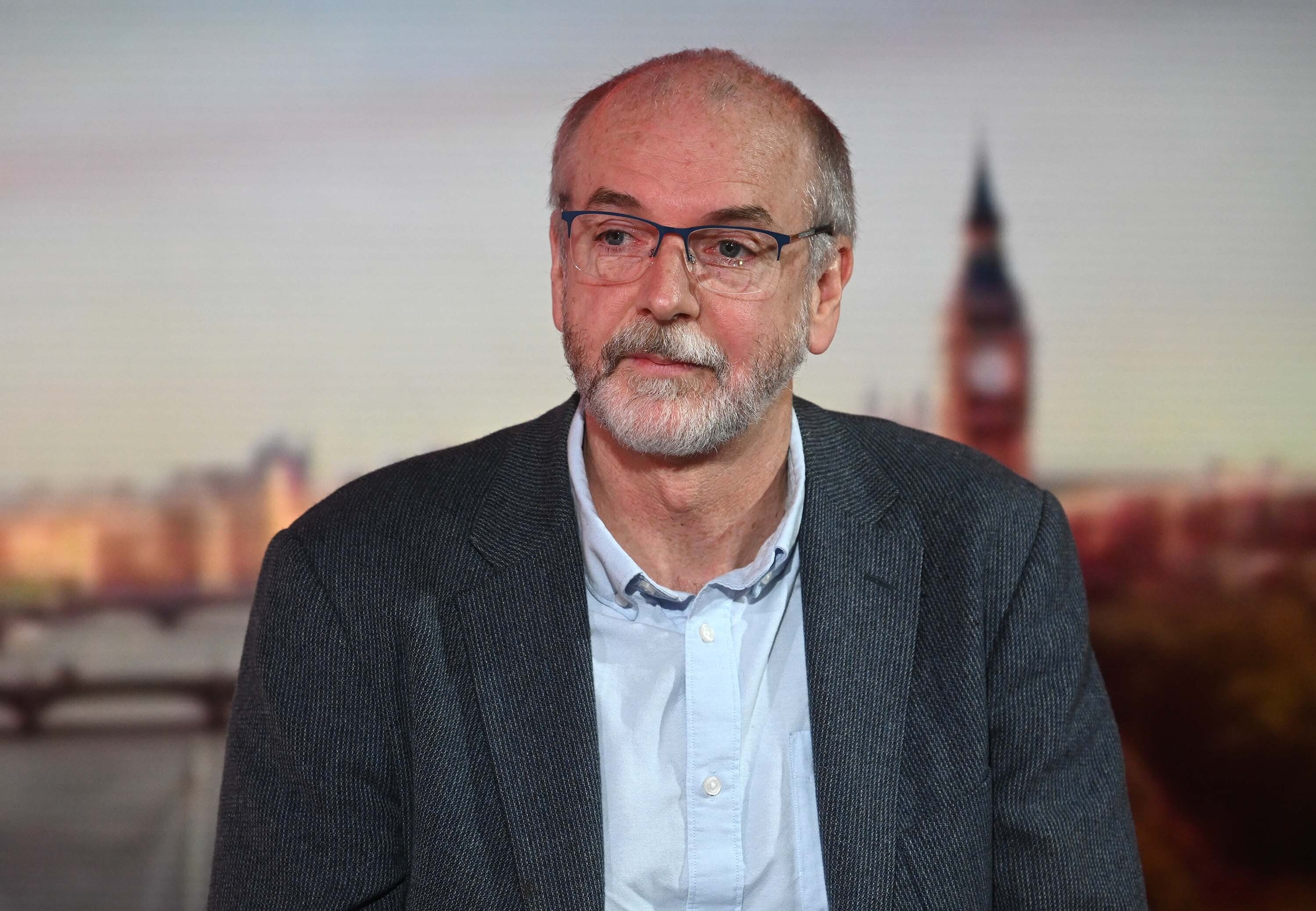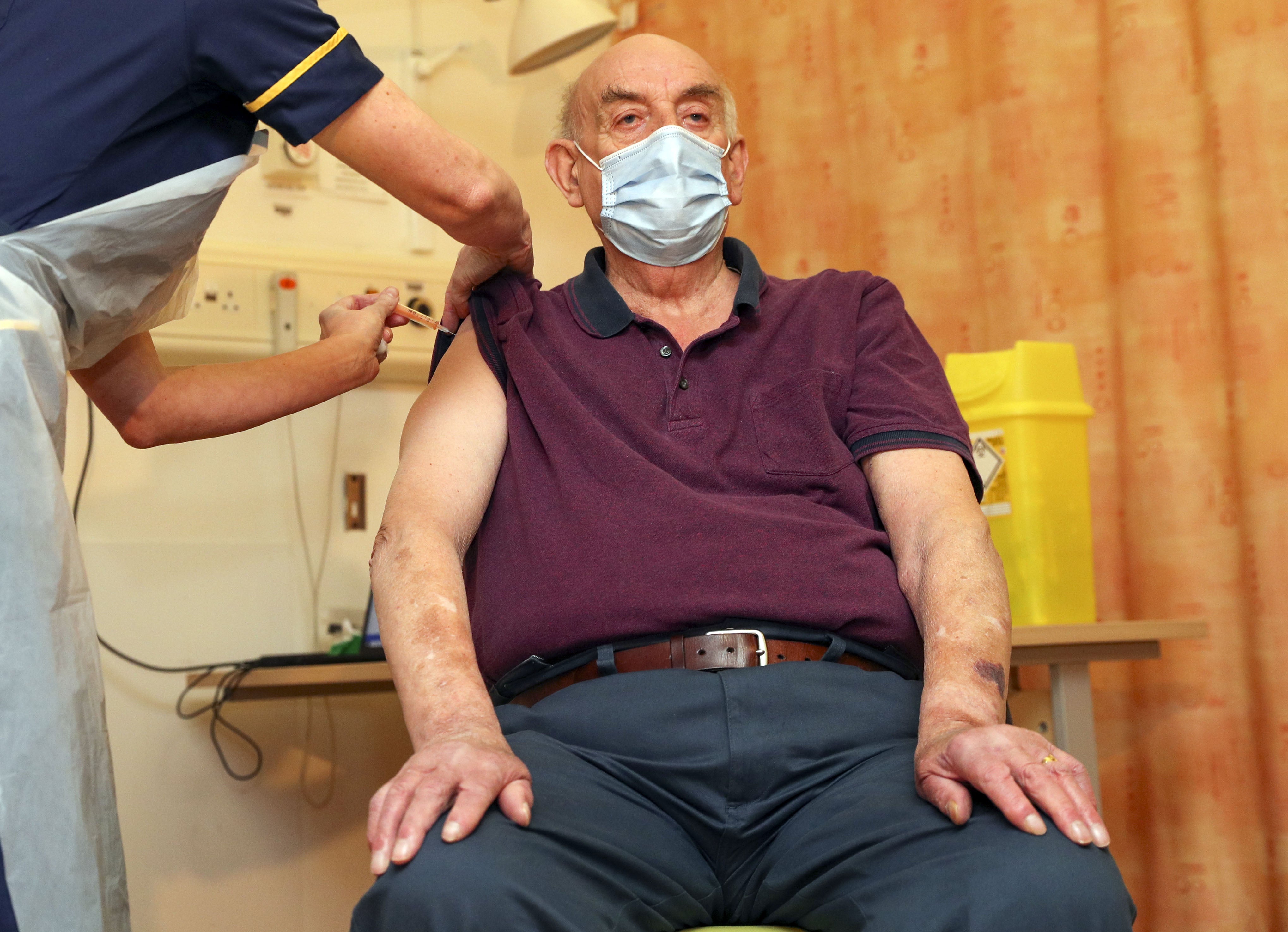Fourth jab should not be rolled out in UK without more evidence, says top vaccine scientist
Fourth vaccine should not be rolled out in UK without more evidence, says JCVI chair
Giving Covid booster jabs to people every six months is not “sustainable” and a fourth dose should not be rolled until there is more evidence, the head of the UK’s vaccine body has said.
Sir Andrew Pollard, chairperson of the Joint Committee on Vaccination and Immunisation (JCVI), said that “more strong evidence is needed” before the rollout of a fourth vaccine in the UK.
“It depends if your goal is to stop all infections. But that is wrong. The goal is to prevent severe disease and protect health systems around the world,” Prof Pollard told The Telegraph.
“The future must be focusing on the vulnerable and [making] boosters or treatments available to them to protect them. We know that people have strong antibodies for a few months after their third vaccination, but more data are needed to assess whether, when and how often those who are vulnerable will need additional doses.”
The JCVI expert added: “We can’t vaccinate the planet every four to six months. It’s not sustainable or affordable. In the future, we need to target the vulnerable.”
Vaccines minister Maggie Throup said the government will take advice from the JCVI regarding a fourth Covid vaccine dose programme.
Prof Pollard, who was also chief investigator of the Oxford Covid vaccine trials and helped develop the AstraZeneca jab, expressed optimism going forward – even as the Omicron variant continues to ravage the UK.
“The worst is absolutely behind us. We just need to get through the winter,” the Oxford University professor said.

As for Boris Johnson’s current handling of the crisis, with his relatively light restrictions across England, Prof Pollard said: “[It] seems to be working so far. The system isn’t falling over. But it’s finely balanced.
The JCVI chief added: “We can’t fully answer whether he’s got it right for some time.”
In the 12 months since AstraZeneca was injected into Brian Pinker, 82, a dialysis patient, nine billion Covid doses, including AstraZeneca, have been given worldwide.
In Britain alone, 90 per cent of over-12s have had their first vaccine and more than 80 per cent have had two doses, while 33 million boosters have been given.

According to Prof Pollard, when the Oxford/AZ trials were first started in April 2020, vaccine scientists and investigators were told it would be two years before the vaccine could be rolled out.
With so much of the UK and other richer nations now vaccinated, Prof Pollard has added his voice to calls to “open up”, despite the ongoing threat from Omicron – which the latest UK studies have suggested is milder than Delta.
Prof Pollard said: “At some point, society has to open up. When we do open, there will be a period with a bump in infections, which is why winter is probably not the best time. But that’s a decision for the policymakers, not the scientists.
“Our approach has to switch, to rely on the vaccines and the boosters. The greatest risk is still the unvaccinated.”
Bookmark popover
Removed from bookmarks